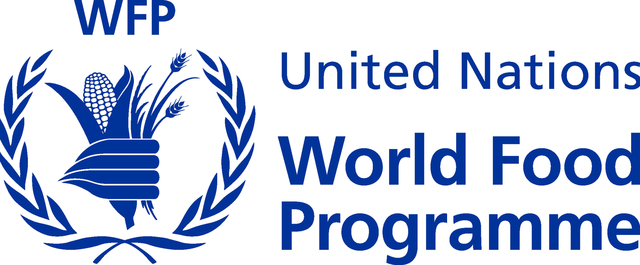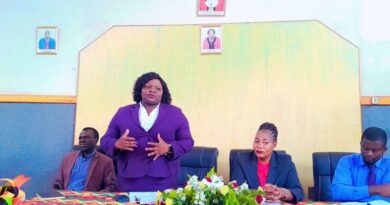WFP Wraps Up El Niño Drought Relief in Namibia
The United Nations World Food Programme (WFP), in partnership with the Government of Namibia and UN agencies, has officially concluded a critical nine-month emergency operation responding to the devastating effects of the El Niño-induced drought.
The intervention, which ran from October 2024 to June 2025, delivered lifesaving support to over 63,000 vulnerable people across Kavango East, Kavango West, and Omaheke regions.
The operation was funded through a US$3 million grant from the UN Central Emergency Response Fund (UN-CERF) and aligned with the Government of Namibia’s Emergency Drought Response Plan. It aimed not only to provide immediate food assistance but also to serve as a platform for integrated services that addressed broader health, nutrition, and protection needs.
“This emergency response was about more than just delivering food, it was about restoring dignity and hope to communities hit hardest by the drought,” said Naouar Labidi, WFP Country Representative in Namibia. “Thanks to the generous support from UN-CERF and our collaboration with the Office of the Prime Minister and UN partners, we reached tens of thousands with critical aid while also building community resilience.”
The response included the distribution of three rounds of food vouchers to more than 41,000 individuals (nearly 7,000 households). These vouchers were redeemable at 25 local retailers for staple foods such as maize meal, canned fish, and cooking oil, supporting not just household nutrition but also local businesses and supply chains.
Integrated services delivered at distribution points significantly expanded the impact. UNICEF conducted outreach and health screenings for over 83,500 people, referring malnourished children for further care.
Meanwhile, UNFPA provided sexual and reproductive health (SRH) and gender-based violence (GBV) services to more than 22,400 people, through daily mobile outreach targeting schools and communities.
Children were a key focus of the response, with 22,000 receiving hot, nutritious meals from 155 community soup kitchens. These meals not only improved child nutrition but also helped reduce school absenteeism and relieve pressure on struggling families.
To ensure communities had a voice, a community feedback mechanism was implemented, allowing residents to express their needs, raise concerns, and contribute to the shaping of the response.
WFP emphasized that while the emergency phase has ended, the organization remains committed to long-term collaboration with the Government of Namibia, other UN agencies, and partners to strengthen food systems, support climate resilience, and improve emergency preparedness.
“This intervention has shown the power of coordinated action in the face of climate shocks,” Labidi added. “Moving forward, we will continue to invest in local capacities and sustainable solutions to ensure no one is left behind.”



